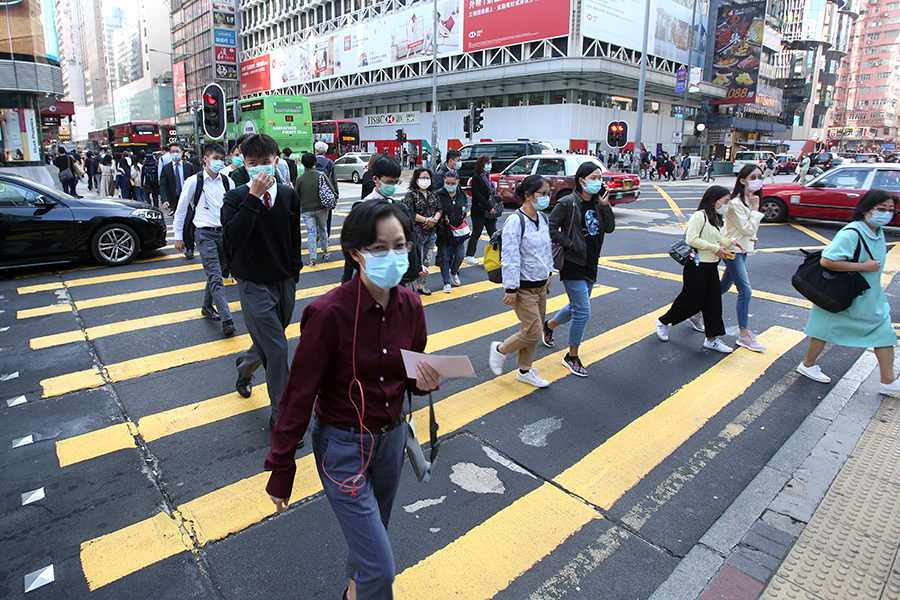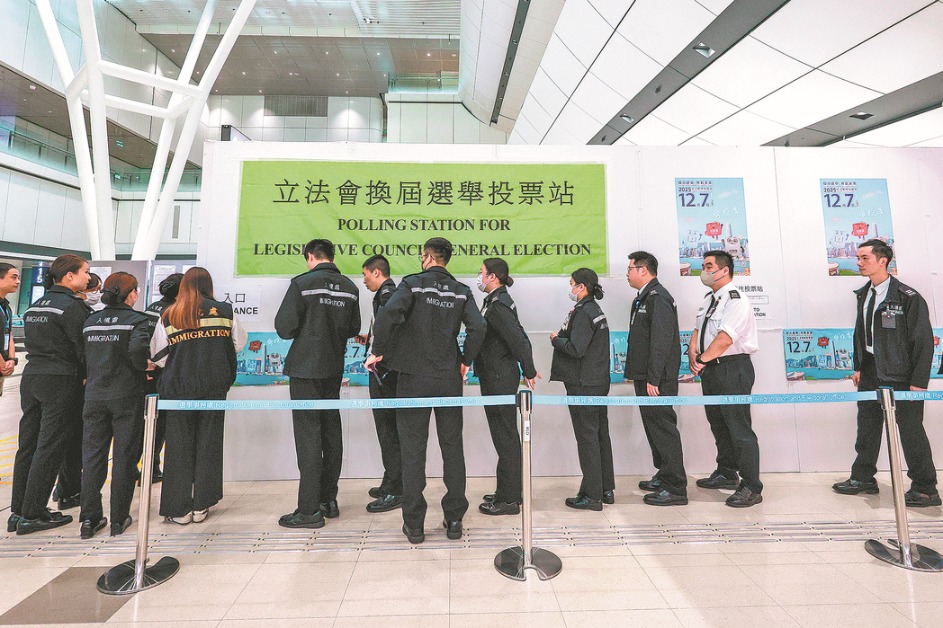Travel plan ends cross-border woes


"These people are 50 to 60 years old and did part-time work in Hong Kong, but lost their jobs during the pandemic and are not eligible to apply for Comprehensive Social Security Assistance granted by the Hong Kong government, as they cannot provide a valid residential address in the city," he said.
The residents have the option of moving back to Hong Kong, renting apartments and applying for the government's monthly subsidy, Fung said. "But this would cost more and add to their burden, as well as that of the government.
"The optimal solution is that the Hong Kong government should introduce more decisive and stricter measures to thoroughly control the pandemic," Fung added.
In late August, the Hong Kong government said a health code system, allowing quarantine-free travel between Hong Kong and Guangdong or Macao, had been drawn up. However, it has yet to take effect, as Hong Kong has been unable to meet the requirements of the mainland and Macao that it must have had no local COVID-19 infections for 14 consecutive days.
Also in late August, two-way travel between the mainland and Macao resumed. Cross-border travelers no longer have to undergo mandatory quarantine in either jurisdiction, as long as they produce a negative nucleic acid test result and a health code showing no abnormalities.
Mass testing
With Hong Kong witnessing a fourth wave of infections, the prospects of two-way travel between the city and the mainland returning in the short term appear to be diminishing.
As of Monday, there had been 6,975 confirmed cases of COVID-19 in Hong Kong, 112 deaths and 5,626 patients had recovered.
In Shenzhen on Nov 27, infectious disease expert Zhong Nanshan said it is vital for Hong Kong to organize citywide testing for COVID-19 in order to identify undetected infections.
























